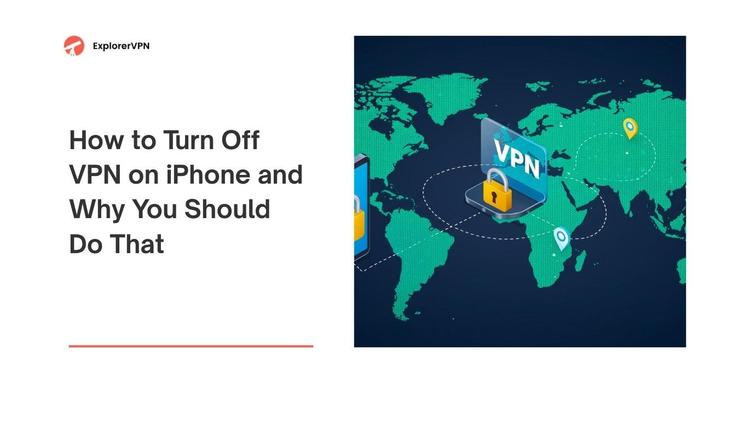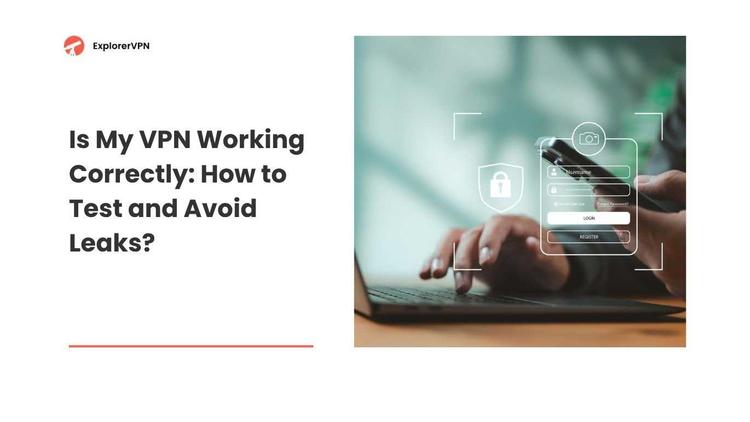VPN WiFi means using a Virtual Private Network (VPN) to protect your internet traffic while connected to a Wi-Fi network, especially public ones.
This article explains why public Wi-Fi is unsafe, what kind of personal data can be stolen, and how a VPN WiFi setup helps protect you. It also covers how a VPN works with Wi-Fi, how to know if a public network is secure, and lists both the pros and cons of using a VPN on Wi-Fi. Lastly, you’ll find helpful links if you need to manage or troubleshoot your VPN.
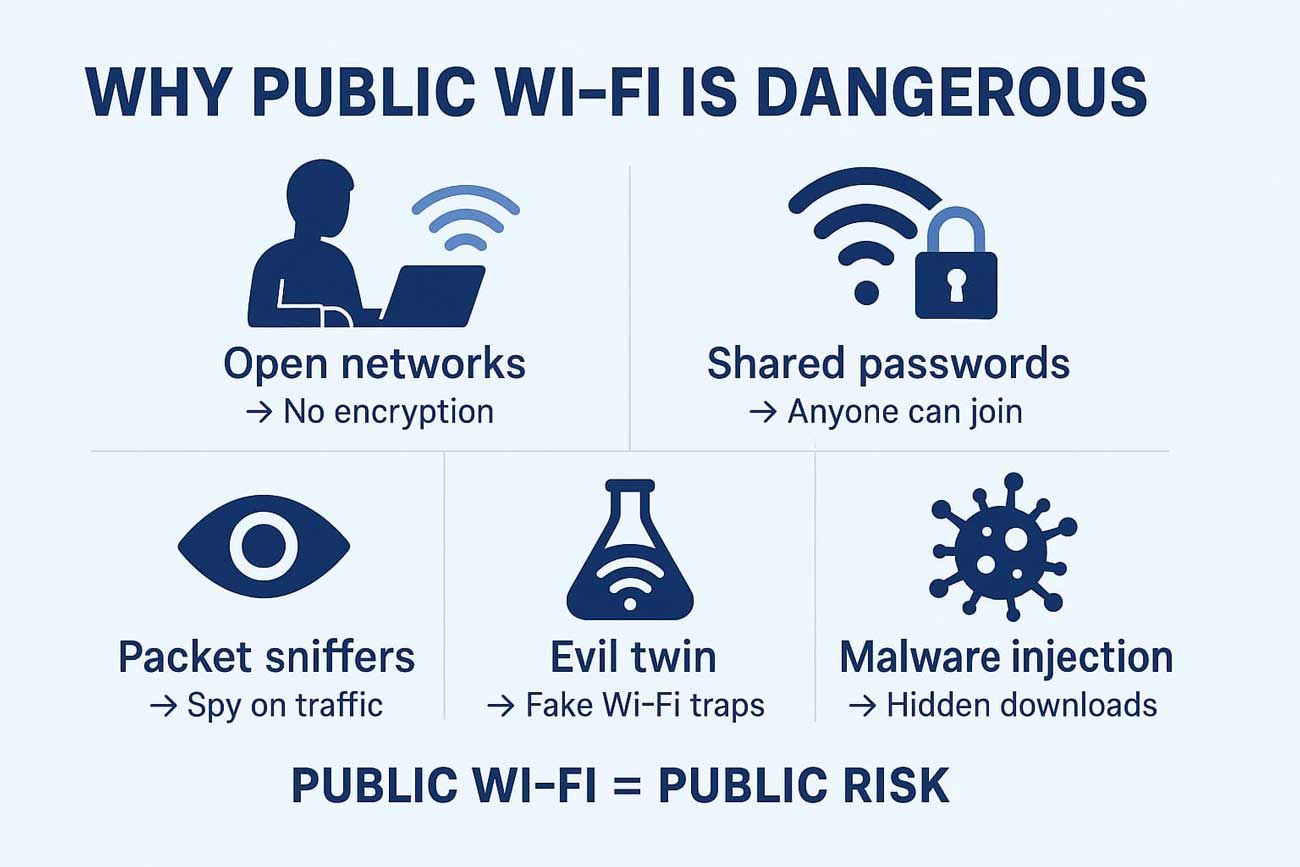
Why public wifi is dangerous
Why is Public Wi-Fi Insecure?
Public Wi-Fi is convenient, but it’s usually not secure. In places like airports, restaurants, or hotels, public Wi-Fi networks are often open to everyone or use shared passwords. This means that anyone within range can connect and potentially intercept your data.
These networks don’t usually have strong encryption or firewalls. Hackers on the same network can use special software to spy on your internet traffic. They can read emails, capture login credentials, or even install malware on your device.
One of the most dangerous risks is the creation of fake Wi-Fi hotspots, sometimes called “evil twins.” A hacker might name their hotspot something like “Free_Coffee_Shop_WiFi” and wait for people to connect. Once connected, the hacker sees everything you do online.
Unlike your home network, public Wi-Fi doesn’t have your personal router to help secure the connection. This makes the security of your connection completely dependent on the network settings, which are often weak or outdated.
What Information is at Risk on Public Wi-Fi?
When you connect to a public Wi-Fi network without a VPN connection, here’s what could be exposed:
- Passwords: for email, social media, or work accounts
- Bank information: usernames, passwords, card numbers
- Personal messages: from apps like VPN WhatsApp, Snapchat, or even Tinder
- Browsing history: which sites you visit, how long you stay, and what you click
- Saved passwords: from your browser or password manager
- Device info: model, software, IP address, and MAC address
- Private photos/files: shared or stored on your phone/laptop
- Your location: especially if using public GPS-enabled services
These details can be used to steal your identity, hack your accounts, or sell your data. Some hackers even record your activity for blackmail or illegal uses.
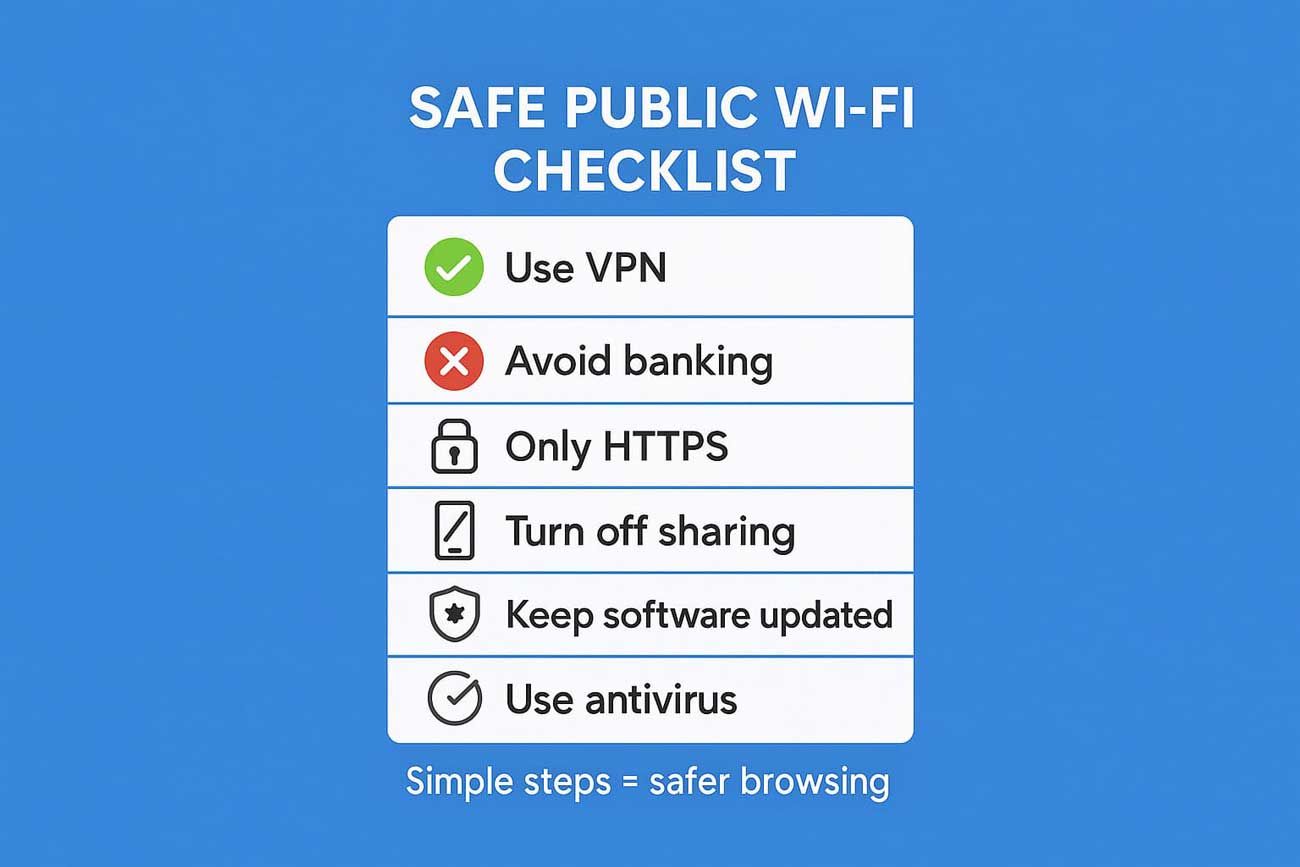
How to stay safe using publick wifi checklist
How to Stay Safe on Public Wi-Fi?
To stay safe while using public Wi-Fi, here are some steps:
- Use a VPN for WiFi – this is the most reliable way to encrypt your connection.
- Avoid logging into sensitive accounts – like online banking or work email.
- Only visit HTTPS websites – look for the lock symbol in the browser.
- Turn off sharing settings – on Windows or Mac, disable file/printer sharing.
- Keep your device updated – install the latest security patches.
- Use antivirus software – to detect malware or spyware.
- Connect only to official networks – ask the staff for the correct network name.
- Avoid using auto-connect features – so your phone doesn’t join dangerous networks.
- Use mobile data instead – especially for payments or important logins.
A VPN connection keeps your data private by encrypting it, so others on the same network can't see what you're doing.
How to Know If My Public Wi-Fi Is Secure?
Even if a network seems legitimate, it’s hard to tell if it’s secure. Here’s how you can check:
- Check encryption type: WPA2 or WPA3 is better than open or WEP.
- See if a login page pops up: often, a page will ask you to “verify you are human” or show “verification successful waiting.” Be careful - some of these could be traps.
- Look at the certificate: if you get errors or weird warnings like “connection not private,” don’t proceed.
- See who else is on the network: too many devices could mean trouble.
- Review the security of your connection before proceeding: ask yourself if it’s worth the risk.
Even with these tips, the only real way to secure your data is by using a VPN service.
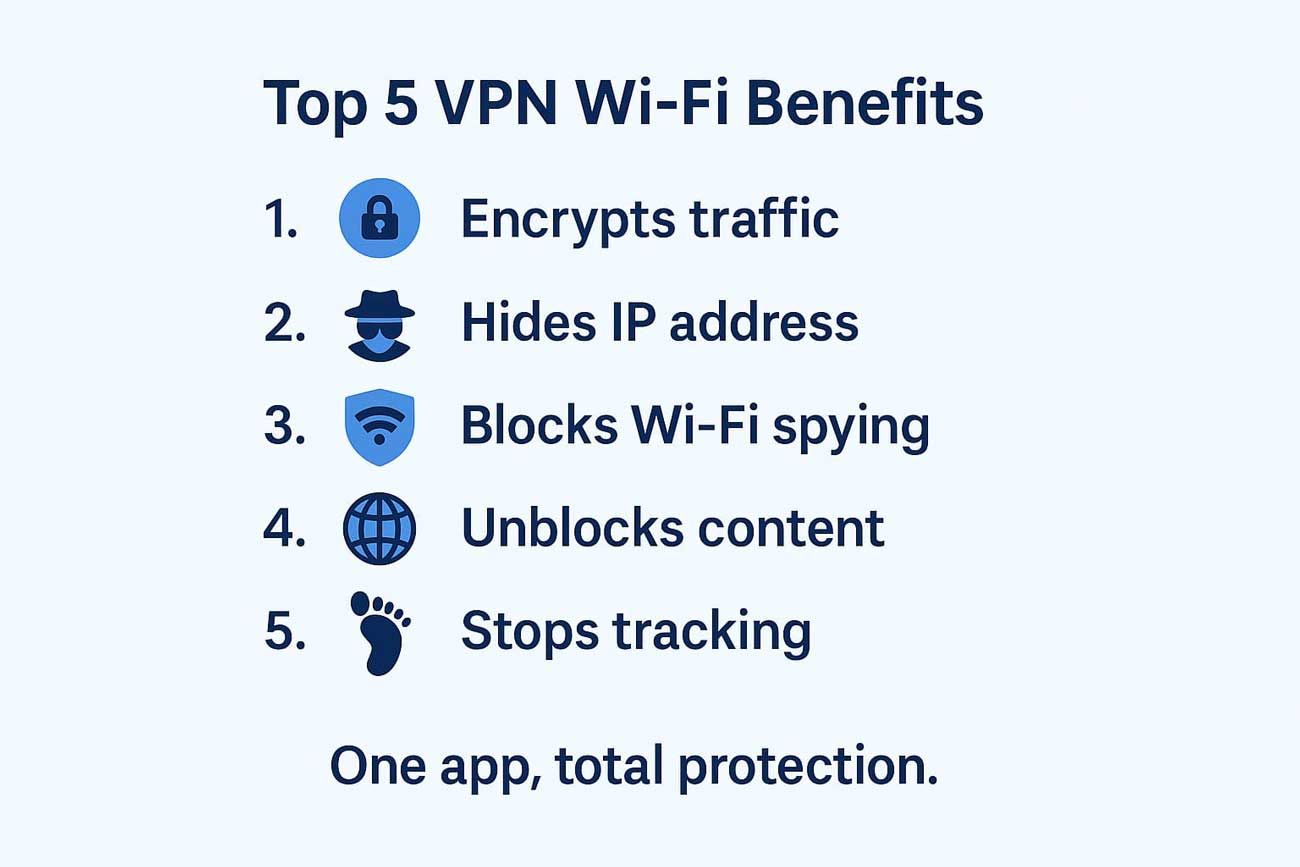
vpn over wifi, 5 benefits
How Does a VPN Protect You?
A VPN (Virtual Private Network) protects your internet connection by creating a secure tunnel between your device and a remote VPN server. Here’s how it works:
- When you connect to the internet, your data goes to the VPN server first.
- The VPN encrypts all your internet traffic.
- It sends that encrypted data to the website or app you’re using.
- When the site responds, the data goes back through the encrypted tunnel to your device.
This means:
- Your ISP (Internet Service Provider) can’t see what you’re doing.
- Hackers on public Wi-Fi can’t spy on your traffic.
- Websites see your new IP address from the VPN server, not your real one.
So, how does VPN work with WiFi? It replaces the insecure, open connection with a locked, encrypted tunnel that keeps your data safe, even on a shared network.
Is It Safe to Use Public Wi-Fi Networks With a VPN?
Yes, it is much safer to use public Wi-Fi with a VPN. In fact, a VPN public WiFi connection is one of the only ways to safely use open networks.
So, does VPN protect you on public WiFi? Absolutely. A VPN protects your information by encrypting it so no one else can read it, even if they’re on the same network.
Just make sure you’re using a trusted VPN client, and don’t turn it off while connected. If you ever need to disable it temporarily, here’s a guide onhow to turn off VPN on iPhone.
How to Use a VPN on Wi-Fi?
Using a VPN WiFi setup is pretty simple. Follow these steps:
- Download a VPN app – choose a trusted one like ExplorerVPN.
- Install and open the app – register if needed.
- Choose a VPN server – likeGermany VPN,Singapore VPN or whichever you need.
- Tap "Connect" – wait for the confirmation like “VPN connected.”
- Start browsing safely.
By the way, if you want to try using Instagram safely, check outVPN for Instagram. If you ever run into issues, readwhy is my VPN not connecting.
Benefits of Using a VPN on Wi-Fi
Here are the 5 most important benefits of using a VPN on Wi-Fi:
1. Encrypts Your Entire Internet Traffic
When you use a VPN, all the data that leaves your device is encrypted. That means nobody, hackers, other users on the same Wi-Fi, or even your internet service provider (ISP), can see what websites you visit or what information you're sending. Encryption protects your logins, messages, and files by scrambling the data so only the VPN server can read it.
2. Hides Your Real IP Address
A VPN changes your IP address to match the location of the VPN server you’re connected to. This hides your actual physical location and identity online. For example, if you're in France but connect to aSingapore VPN, websites will think you're browsing from Singapore. This not only helps with privacy but also makes it harder for websites or hackers to trace anything back to you.
3. Protects Your Data on Public Wi-Fi
Public Wi-Fi is one of the most common ways hackers steal data. Without a VPN, your connection is wide open. Using a VPN for WiFi creates a secure tunnel between your device and the internet, blocking hackers from stealing your personal info, login credentials, or credit card numbers
4. Unlocks Geo-Blocked Websites
Some websites or streaming services are only available in specific countries. With a VPN, you can change your virtual location and access content that would normally be blocked. For example, if a video is only available in Germany, you can connect to aFrankfurt VPN to watch it. This is also useful when traveling or trying to access services not available in your region.
5. Browsing History Becomes Anonymously
A VPN makes your identity and online activity private. It hides your IP, encrypts your traffic, and blocks websites and advertisers from tracking you. Even your ISP won’t know what you’re doing online. Whether you’re researching something personal, accessing blocked apps like VPN for Snapchat, or just want privacy, a VPN gives you control over your data.
Other benefits may include bypassing school or country firewalls, avoiding being tracked by advertisers, accessing better flight prices using a VPN cheaper flights trick, improving security on home networks, and even helping with verification pages like “verify you are human.”
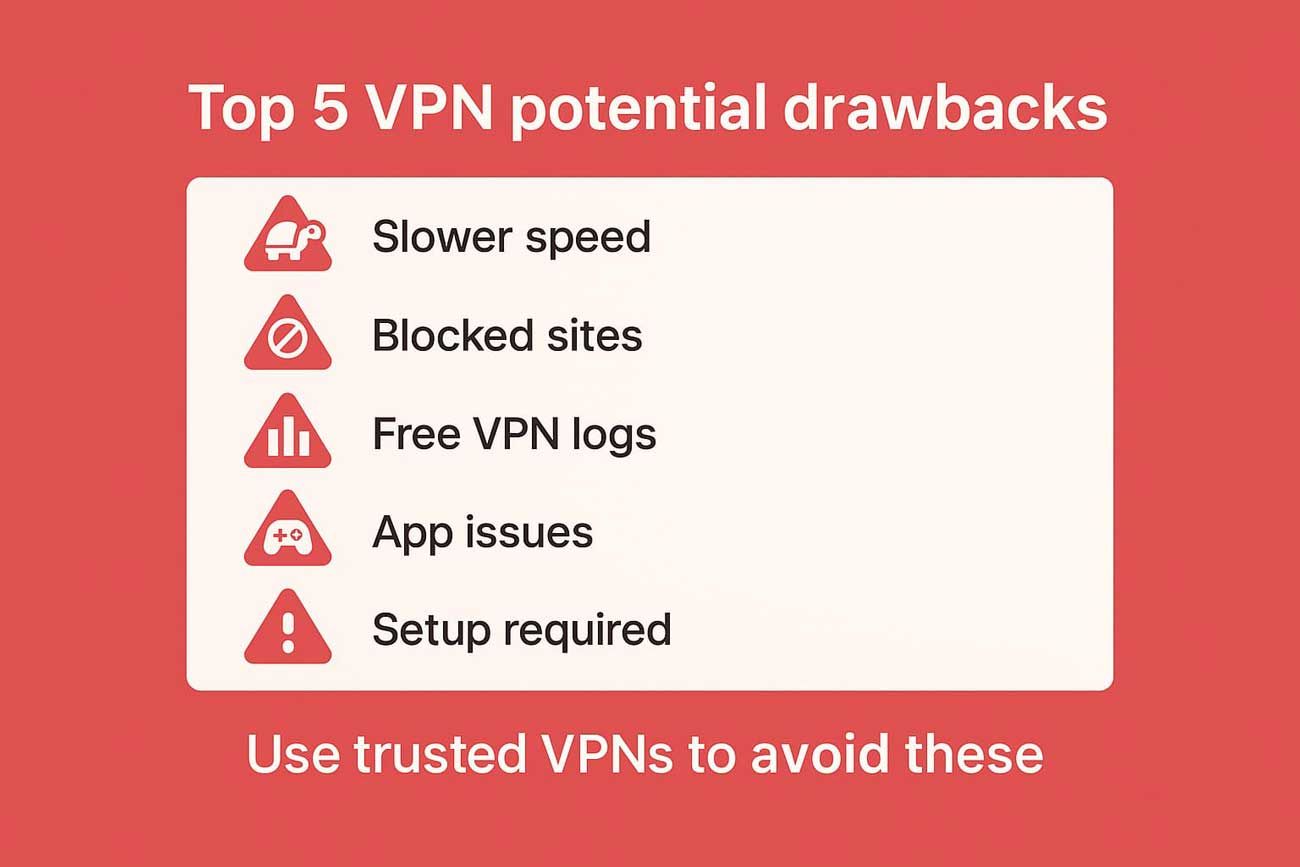
vpn potential drawbacks
Drawbacks of Using a VPN on Wi-Fi
There's some drawbacks of Using a VPN on Wi-Fi too:
1. Slows Down Internet Speed
Using a VPN can slow down your internet. That’s because your data has to go to the VPN server, get encrypted and then to the website. If the VPN server is busy or far from your location, this can cause delays.
2. Some Sites or Services Block VPNs
Certain sites like Netflix, banking platforms or school portals might detect and block VPN traffic. They do this to enforce regional restrictions or security policies. If you’re using a VPN to access content or log into secure systems, you might get an error message or be asked to disconnect before proceeding. This can be frustrating if you rely on your VPN for daily browsing
3. Free VPNs Log Your Data or Show Ads
Not all VPNs are trustworthy. Many free VPN services make money by logging your browsing habits and selling that to advertisers. Some even insert ads or track your device without telling you. This defeats the whole purpose of using a VPN which is to protect your privacy. That’s why it’s safer to use a trusted paid VPN service instead.
4. Won’t Work with All Apps or Games
Some apps don’t work with a VPN active. For example, certain online games or streaming apps might block your connection or lag a lot. You might have to disconnect your VPN to use apps like banking services or real-time games. Also not all VPNs support gaming well - even ones like VPN for World of Tanks need low-latency servers to work smoothly.
5. Requires Some Setup and Understanding
Setting up a VPN is usually simple, but it can still be confusing for beginners. You need to pick a good VPN service, choose the right server, and know when to use it. If something goes wrong, like a disconnection or error, you may need to troubleshoot. For help, you might have to read article likehow to change VPN location.
Other drawbacks may include occasional disconnections, VPNs being blocked in certain countries, extra steps to connect to the internet, overloaded servers causing delays, or getting more CAPTCHA checks like “verify you are human."
Final Thoughts
Public Wi-Fi is everywhere, and so are the risks. Whether you’re using free Wi-Fi at the mall or trying to watch YouTube at school, your data is always at risk if you're not protected. A VPN for WiFi is one of the easiest and most powerful tools you can use.
And don’t forget, not all VPNs are the same. If you want to compare tools, check outProxy vs VPN to see which is better for you.
So yes, a VPN protects you, and it’s probably one of the smartest things you can use today on both public and home networks. Don’t wait until your data gets stolen, get a VPN, connect, and stay secure.





